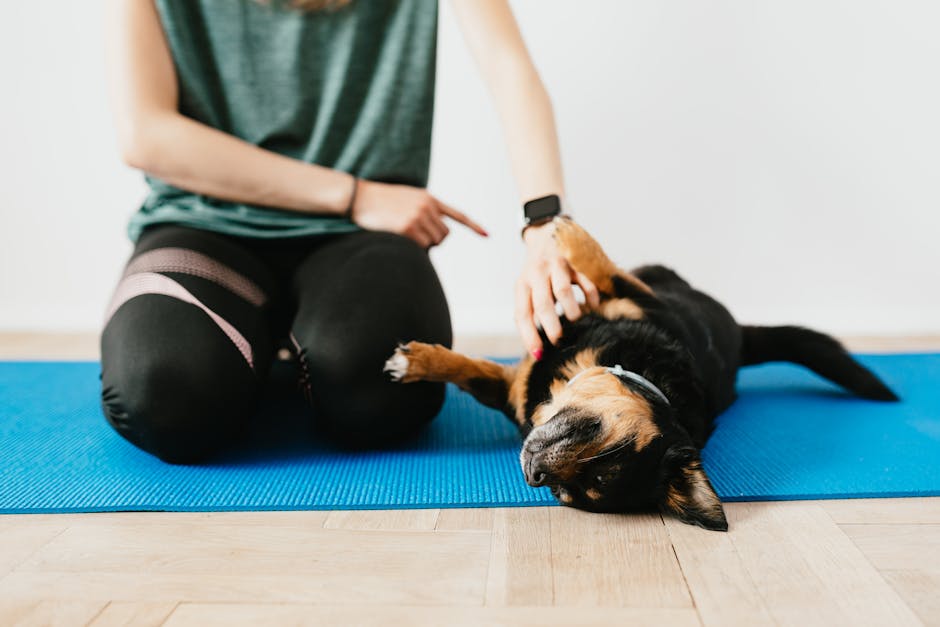Dog training is a rewarding and essential aspect of pet ownership, fostering a strong bond between you and your furry companion while ensuring their well-being and safety. With a little patience, consistency, and the right techniques, you can effectively train your dog, building a harmonious and enjoyable relationship.
**Understanding Your Dog**
Before embarking on a training journey, it's crucial to understand your dog's unique personality and learning style. Observe their behavior, body language, and preferences to tailor your training approach accordingly. Positive reinforcement is the most effective method, rewarding your dog with treats, praise, or affection for desired behaviors.
**Basic Commands**
Start with basic commands such as "sit," "stay," "come," and "heel." Use clear and consistent verbal cues, accompanied by hand signals if necessary. Practice these commands in short, frequent sessions to avoid overwhelming your dog.
**Potty Training**
Housebreaking your dog is essential for both hygiene and convenience. Establish designated potty areas and take your dog out frequently, especially after meals and naps. When they eliminate in the correct spot, reward them enthusiastically.
**Leash Training**
Leash training is crucial for safety and control in public settings. Start by practicing in a safe, enclosed area before gradually exposing your dog to more distracting environments. Reward them for staying by your side and walking calmly on a loose leash.
**Advanced Training**
Once your dog has mastered the basics, you can explore advanced training, including agility, obedience trials, or specialized skills like retrieving or herding. These activities not only provide mental and physical stimulation but also strengthen your bond and enhance your dog's confidence.
**Patience and Consistency**
Dog training requires patience and consistency above all else. It may take time for your dog to grasp new concepts, but with regular practice and positive reinforcement, they will eventually learn. Avoid punishment or harsh methods, as these can damage your dog's trust and make training more difficult.
**Reward-Based Training**
Positive reinforcement is the cornerstone of effective dog training. When your dog exhibits desired behaviors, reward them immediately with their favorite treats, praise, or a fun activity. This helps them associate positive consequences with their actions and encourages them to repeat those behaviors.
**Professional Help**
If you encounter challenges or experience setbacks in training, don't hesitate to seek professional help from a certified dog trainer. They can provide expert guidance, tailored training plans, and support to help you and your dog achieve your training goals.
